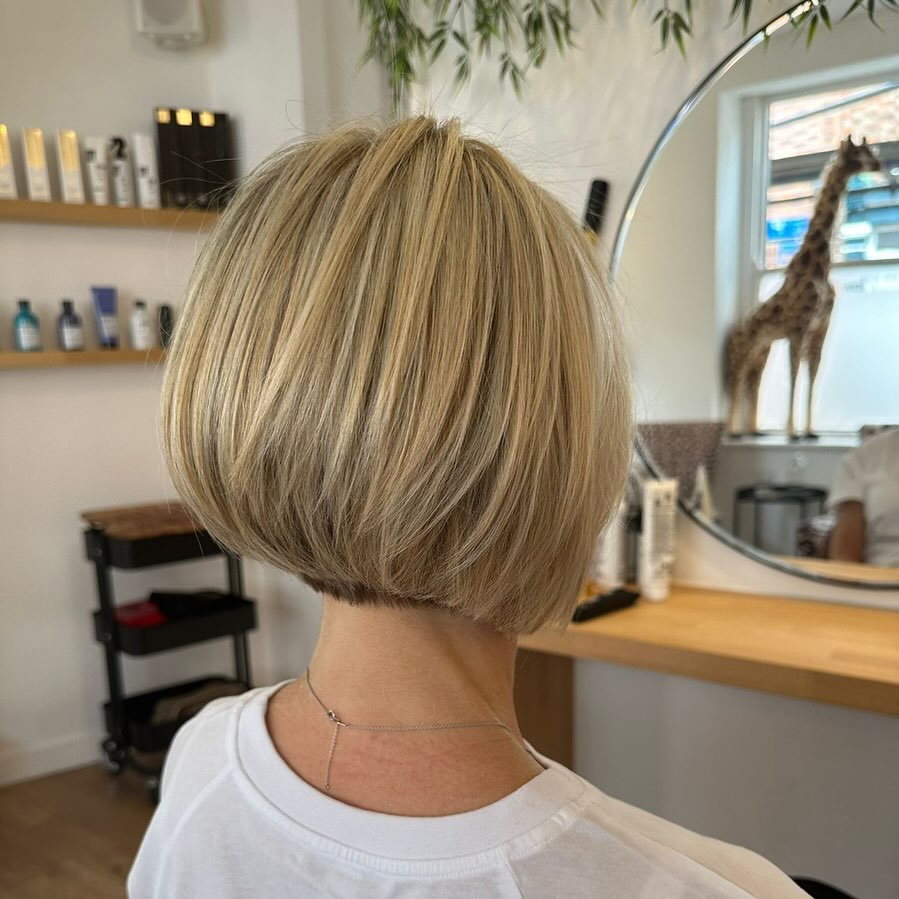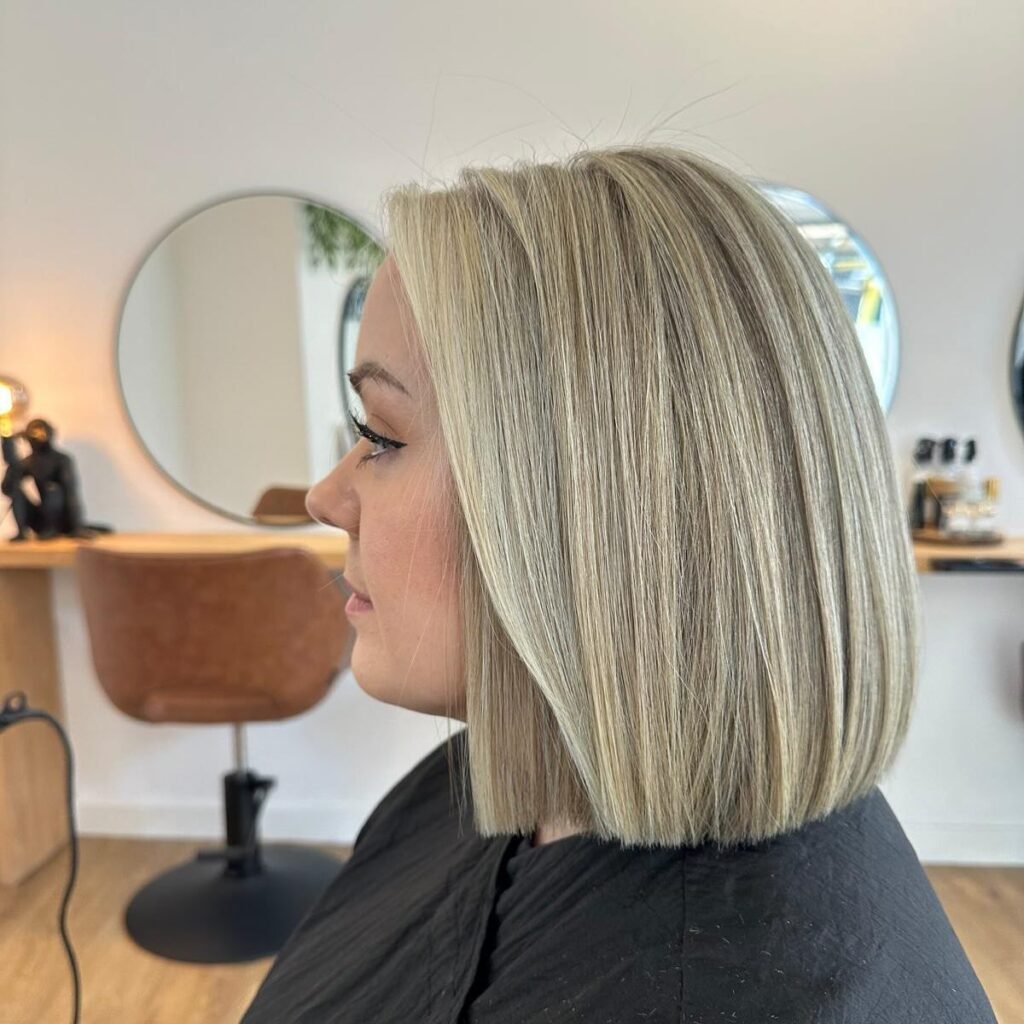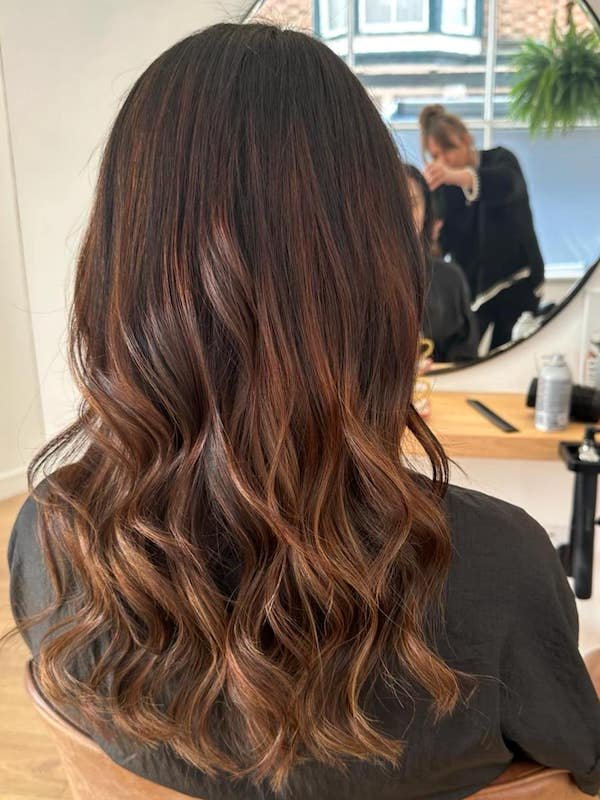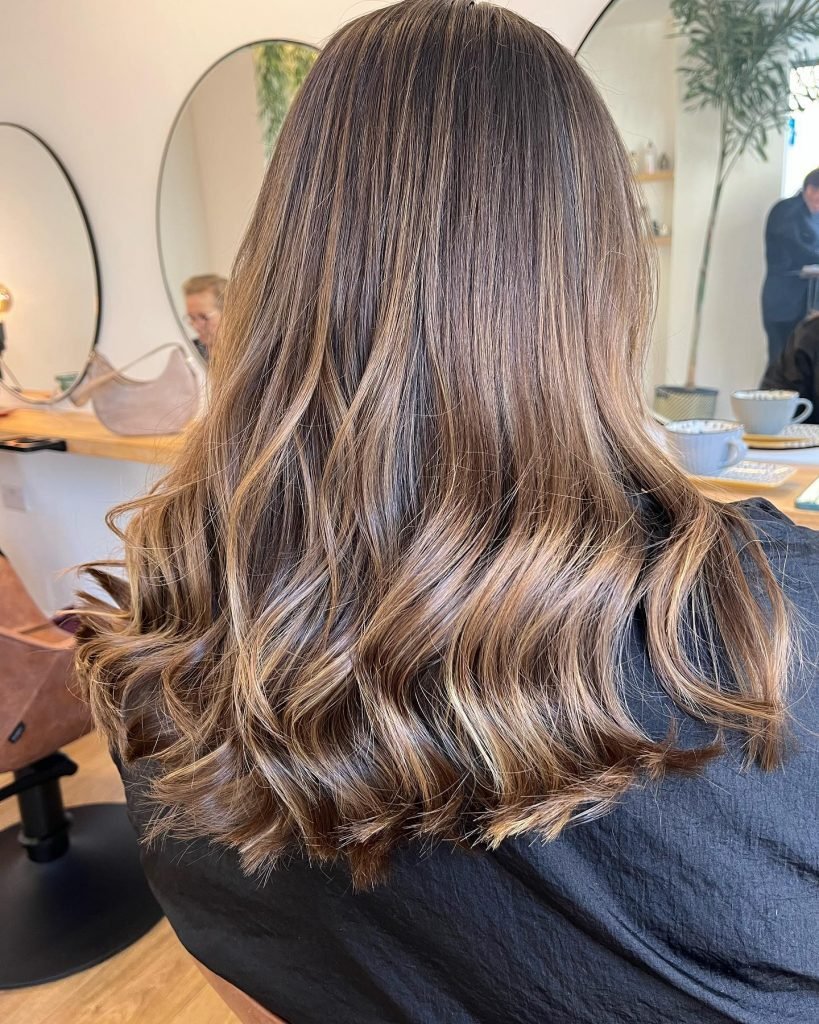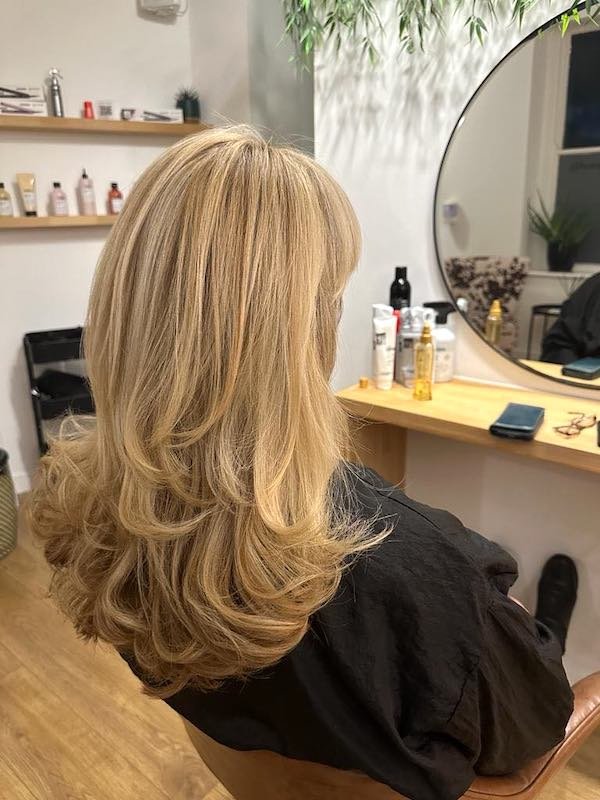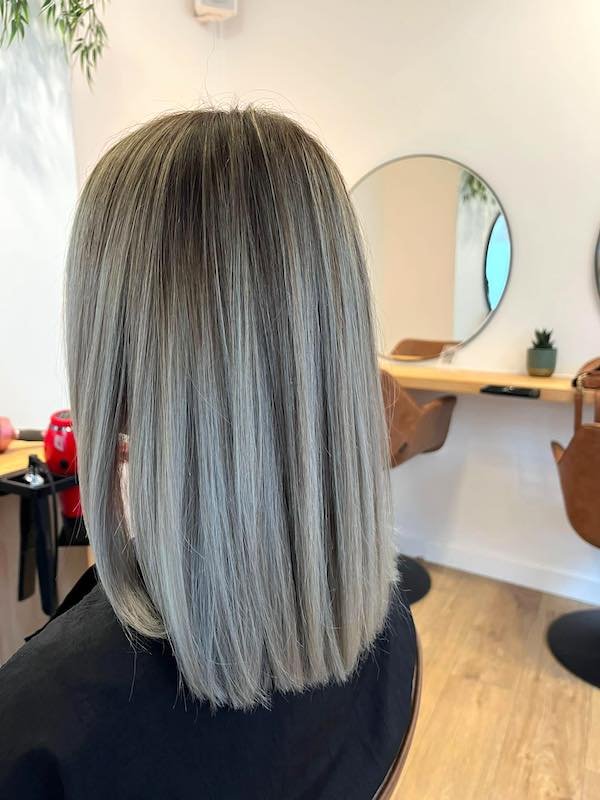The Science Behind Hair Growth: Myths and Facts
Hair growth is a complex process influenced by a variety of factors, from genetics to lifestyle choices. Let’s debunk some common myths and explore the science behind healthy hair growth.
Myth 1: Trimming Hair Regularly Promotes Faster Growth
Fact: The length of your hair does not affect its growth rate. Trimming simply removes split ends, preventing further damage and keeping your hair looking healthier.
Myth 2: Stress Causes Hair Loss
Fact: While chronic stress can contribute to a condition called telogen effluvium, which causes temporary hair shedding, it doesn’t directly cause permanent hair loss.
Myth 3: Brushing Your Hair 100 Times a Day is Good for It
Fact: Excessive brushing can actually damage your hair, leading to breakage. Gentle brushing is sufficient to distribute natural oils and remove tangles.
Myth 4: Certain Foods Can Make Your Hair Grow Faster
Fact: While a balanced diet rich in essential nutrients like protein, iron, and biotin is crucial for healthy hair, there’s no scientific evidence that specific foods can dramatically accelerate growth.
Myth 5: Hair Grows Faster in Summer
Fact: There’s no significant difference in hair growth rate between seasons. However, factors like increased sun exposure and swimming can affect hair health.
So, what does influence hair growth?
- Genetics: Your hair’s natural thickness, texture, and growth rate are largely determined by your genes.
- Hormones: Hormonal imbalances can affect hair growth, especially in conditions like thyroid disorders or polycystic ovary syndrome (PCOS).
- Age: Hair growth tends to slow down with age.
- Nutrition: A well-balanced diet provides essential nutrients for healthy hair.
- Scalp Health: A healthy scalp environment is crucial for optimal hair growth.
- Stress: While chronic stress can temporarily affect hair growth, it’s not the sole cause of hair loss.
By understanding the science behind hair growth, you can make informed choices to maintain healthy, strong hair. If you’re concerned about hair loss or thinning, consult with a dermatologist for a proper diagnosis and treatment plan. For a full care plan for your hair, book your next appointment below.
Hannah x
Main photo by Jurica Koletić on Unsplash



